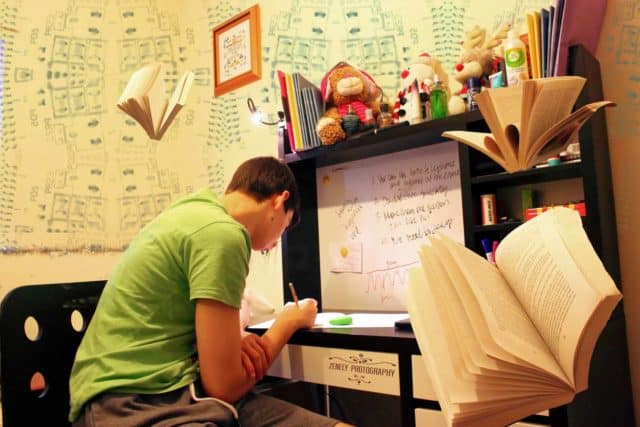Strategies To Study for Final Exams
The word “exams” means different things to different people, especially final exams. For some, it’s a taboo word that elicits panic attacks, nausea, and a feeling of impending doom. For others, it’s an opportunity to prove their intellectual prowess. Generally, the outcome for both sets of people is the same; their exam success is only possible through adequate preparation. Confidence means nothing without preparation. The following strategies to study can help virtually any student succeed in any exam.
Schedule Study Sessions
Trying to cram information into your head the night before the exam is a recipe for disaster. Studying for all final exams should begin at least 3 weeks to a month before the final exam period begins. Study times should be scheduled daily instead of being done randomly. Try to incorporate at least one group study session per week with your friend or friends. Group studying doesn’t work for everyone, but participating in at least one of these sessions can help bring greater clarity to concepts you are uncertain about. It enables you to learn from each other.
Have a Goal for Each Study Session
Goals are like the maps that sailors use to chart their course. They give each study session a sense of purpose. Each goal you set should clearly indicate what you hope to achieve by the end of the session. For instance, if you’re studying pre-calculus your goal for a study session could be, “I must be able to solve at least 8 out of 10 differentiation questions correctly.” The point is to set an attainable goal that will take you one step closer to mastering the content.
Create the Right Environment
Playing your music to the highest volume while watching tv in a dimly lit setting isn’t the right study environment. Some people must have complete silence so that they can focus on studying. Other people need to have soft background music. Know what works best for you, but minimize the distractions as much as possible. Turn the ringer off on your cellphone and place it face down. Sit around a well-lit desk so that you maintain the right posture and don’t strain your eyes. Your aim should always be to create an environment that allows you to give undivided attention to your work.
Revise Previous Tests and Worksheets
The tests and worksheets that your teachers return shouldn’t be thrown into the trash. Teachers often provide valuable feedback on these assessments. Paying attention to this feedback can help you obtain a near-perfect score on the final assessment. You can even use these assessments as a guide to creating your own questions.
Utilize the Power of the Internet
There are tons of online resources that can enhance your study session. YouTube channels exist that contain videos explaining concepts for various subjects. Khan Academy is a good resource to use for a variety of mathematics topics. Other websites also exist that offer practice worksheets and interactive games. Remember to use the internet wisely and avoid distractions during your study session.
Final thoughts
Benjamin Franklin once said, “Failure to prepare is preparing to fail.” Don’t allow inadequate preparation to prevent you from achieving great success. Make the strategies outlined in this article a regular part of your study routine. To learn more specific strategies for studying for a math or physics exam please visit our articles: Physics Study Tips and Math Study Strategies.

